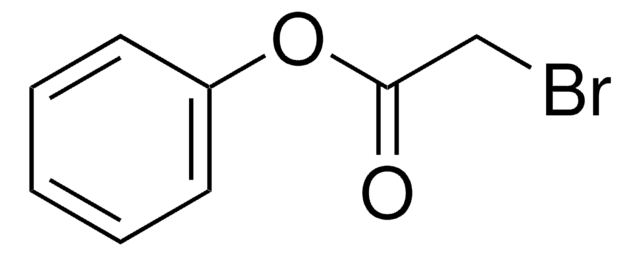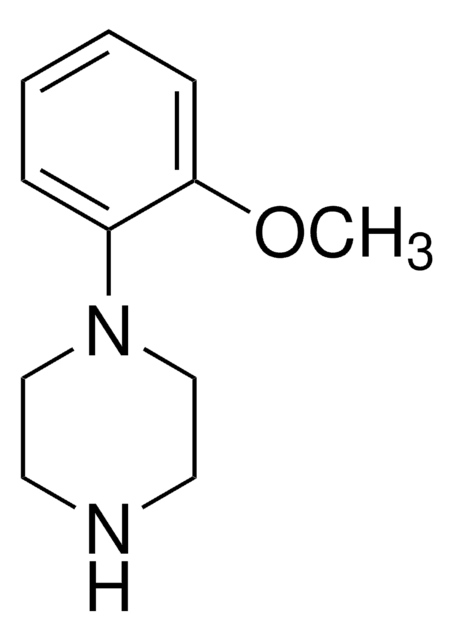266671
Cobalt
foil, thickness 0.25 mm, ≥99.99% trace metals basis
Sinónimos:
Cobalt element, Cobalt-59
About This Item
Productos recomendados
Nivel de calidad
Ensayo
≥99.99% trace metals basis
Formulario
foil
resistividad
6.24 μΩ-cm, 20°C
grosor
0.25 mm
bp
2900 °C (lit.)
densidad
8.9 g/mL at 25 °C (lit.)
cadena SMILES
[Co]
InChI
1S/Co
Clave InChI
GUTLYIVDDKVIGB-UHFFFAOYSA-N
¿Está buscando productos similares? Visita Guía de comparación de productos
Cantidad
Palabra de señalización
Danger
Frases de peligro
Consejos de prudencia
Clasificaciones de peligro
Acute Tox. 4 Oral - Aquatic Chronic 3 - Carc. 1B - Eye Irrit. 2 - Muta. 2 - Repr. 1A - Resp. Sens. 1 - Skin Sens. 1
Código de clase de almacenamiento
6.1C - Combustible acute toxic Cat.3 / toxic compounds or compounds which causing chronic effects
Clase de riesgo para el agua (WGK)
WGK 3
Punto de inflamabilidad (°F)
Not applicable
Punto de inflamabilidad (°C)
Not applicable
Equipo de protección personal
dust mask type N95 (US), Eyeshields, Faceshields, Gloves
Elija entre una de las versiones más recientes:
¿Ya tiene este producto?
Encuentre la documentación para los productos que ha comprado recientemente en la Biblioteca de documentos.
Los clientes también vieron
Artículos
Combinatorial Materials Science identifies breakthrough materials through systematic exploration, aiding material discovery.
Biomedical implants are essentially foreign substances within the human body that must survive many years’ exposure to demanding mechanical and physiological conditions. Despite these challenges, metal implants have been widely used to substitute for or rebuild hard tissues such as bones and teeth.
Nuestro equipo de científicos tiene experiencia en todas las áreas de investigación: Ciencias de la vida, Ciencia de los materiales, Síntesis química, Cromatografía, Analítica y muchas otras.
Póngase en contacto con el Servicio técnico














